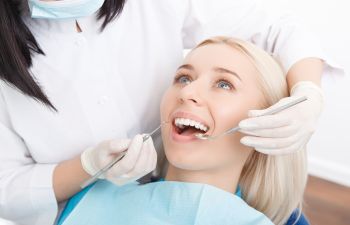Are you one of those people who seem to get cavities no matter how much you brush and floss? Did you grow up steering clear of sweets and sugary foods to protect your teeth, only to have a cavity or two at every dentist checkup? Research has shown that by studying the pH and genetic makeup of your saliva, doctors may be able to determine if you have cavity prone teeth, regardless of your oral hygiene habits.
One of saliva’s most important jobs is to protect your teeth by washing away bacteria. Saliva acts as a buffer for acids found in the mouth. Saliva has the ability to neutralize acids and flush away harmful cavity causing bacteria. In some people, saliva is an important factor in preventing cavities; in other people the protein in saliva encourages the development of cavities. Testing a person’s saliva helps doctors determine what type of saliva your body produces.
If you are referring to saliva; more is usually better! Persons with high levels of saliva production are able to rinse away harmful bacteria, helping to keep the mouth cleaner and more neutralized. People who suffer from dry mouth, or low saliva levels, tend to develop cavities more rapidly. Pellicle naturally found in your mouth helps protect your teeth from acid. Pellicle is formed by specific proteins found in saliva. More saliva usually means more pellicle, resulting in teeth that are well protected from harmful acids. There is however certain bacteria loving proteins in saliva that help bacteria bond to teeth. Every mouth is different and the makeup of your saliva will determine if you produce more pellicle making proteins or more bacteria harboring proteins.
In addition to saliva, there are other factors that can help pin point if someone is prone to developing cavities. Factors such as condition of general health, age, hormones, fluoride, diet, oral hygiene habits, microorganism production, genetic heritage, malnutrition and medical treatments all can be determining factors when it comes to cavities. So . . . if you happen to be one of those unlucky few that have cavity prone teeth, rest assured there may be factors outside of your control that are influencing whether or not you develop cavities.














